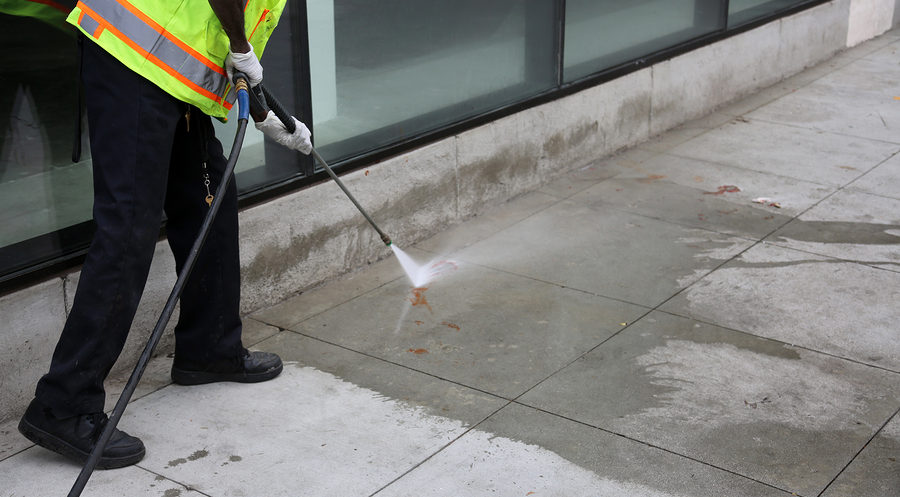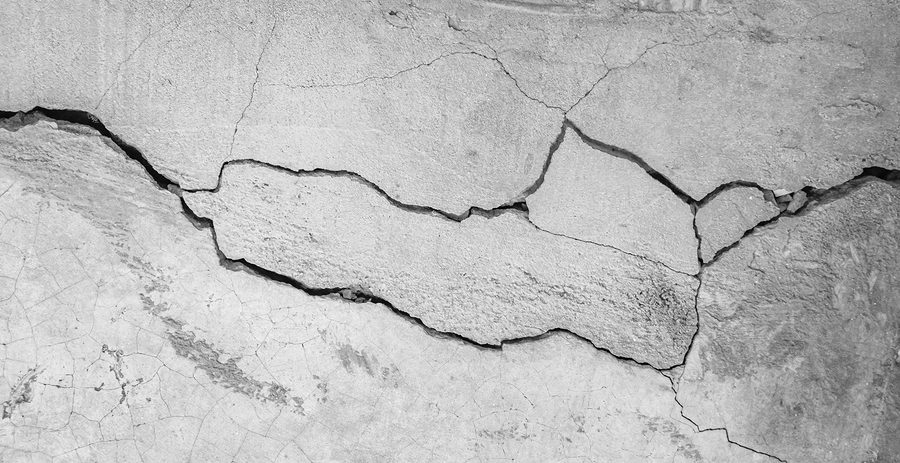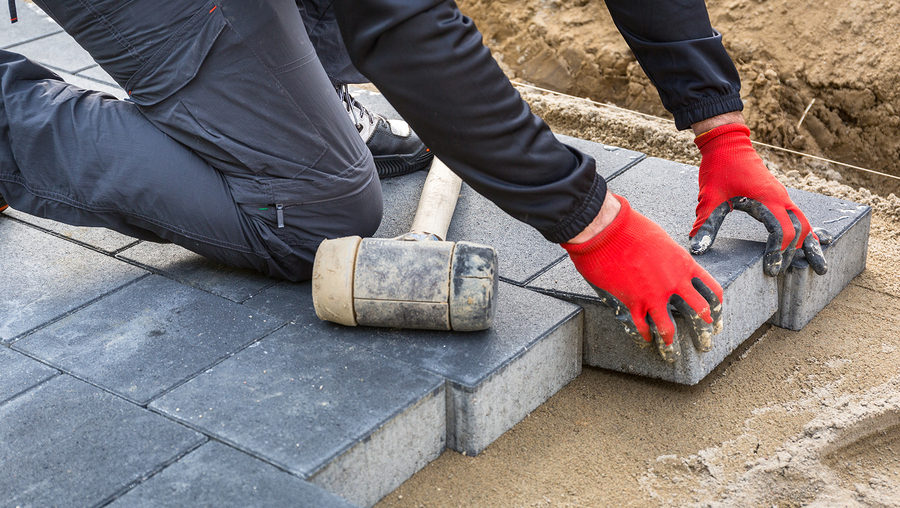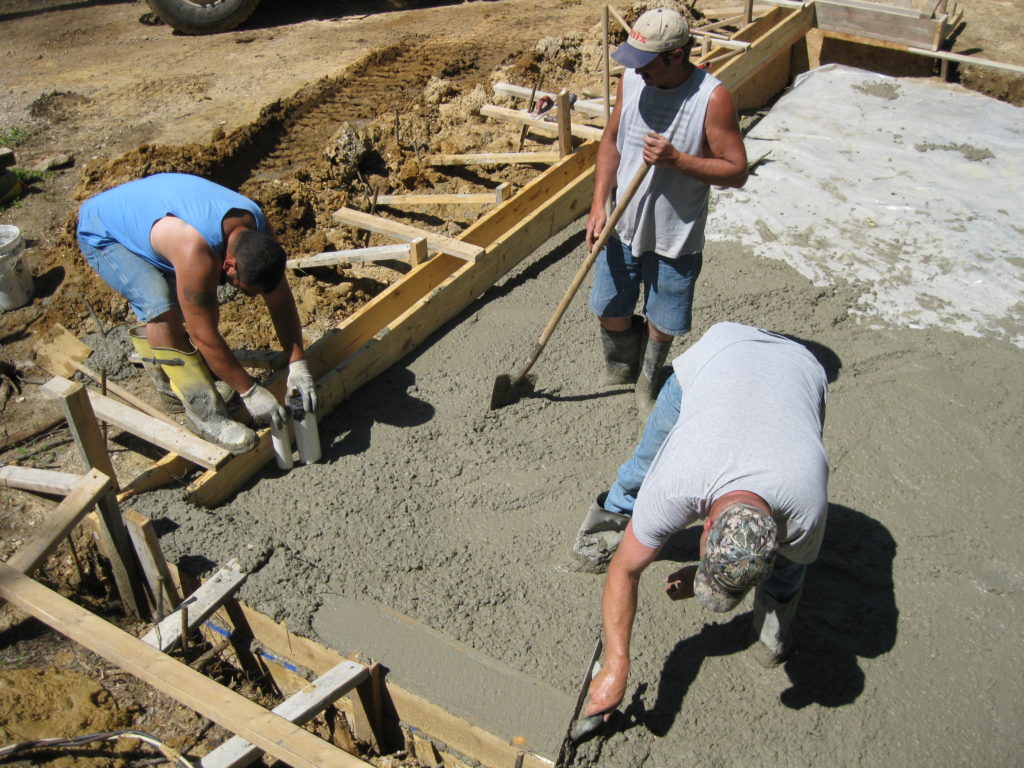A common problem concrete poses is mold. Since concrete is a porous, water can enter inside its numerous nooks and crannies, making for a perfect mold growing environment. Often times, this happens to concrete that is exposed to prolonged moist weather conditions, or concrete in damp and shady areas. Moldy concrete is not only unappealing, it is a health hazard that should be addresses right away. Many property owners want to know if mold on concrete is reversible, or if they must replace their concrete foundations altogether.
Continue reading to learn more about concrete mold abatement and remediation, including who to call for trusted concrete repair service near you.

Concrete Mold Removal
If you are a commercial property owner or manager, the exterior appearance of your building or complex is important. Not only does a well-groomed commercial property appeal more to customers, it protects against property value deduction and investment loss. One of the most critical areas of a commercial property is its parking lots and walkways. If your business makes it inconvenient for customers or guests to drive, park, or walk, then it is in poor condition. Concrete should be well-maintained and protected in order to sustain a safe, liability-free property. This includes mold removal.
How to Remove Mold on Concrete
There are do-it-yourself methods for removing mold from concrete, however, the process is time-consuming and requires a lot of manual effort. If you have an in-house janitorial or maintenance staff, then this might be the perfect assignment for them, but if you do not, you may want to hire professional pavement cleaning services instead. Unless you have a small area that needs cleaned, concrete mold removal is a big job.
The process involves using a store-bought or homemade (bleach and water) mold remover cleanser, and then applying the cleanser liberally to the affected areas. Once the solution is applied, it is instructed to allow the solution to sit for several minutes before scrubbing away the mold vigorously with a heavy-duty contractor broom. And you must always finish each time with a thorough rinse. The process must also be repeated several times over to completely remove all traces of mold. The number of times it must be repeated depends on the severity of damage and extent of growth.
Once you have cleaned the concrete, it is time to call a professional Indianapolis paving company for concrete sealcoating services. This will help prevent further damage to concrete and slow the rate of deterioration. Without a proper sealcoat, you can expect to scrub mold from your concrete every year. Read our blog, “Frequently Asked Questions about Sealcoating” to learn more about sealcoating.
Commercial Concrete Paving for Central Indiana
Call ACI Asphalt and Concrete at 317-549-1833 when you need commercial pavement repair for asphalt and concrete. Our licensed and bonded paving contractors provide pavement repair, sealcoating, road work, commercial paving, industrial paving, winter cold patching, and much more. We are the industry veterans to trust for skilled craftsmanship and competitive prices! Request a free estimate, today.




